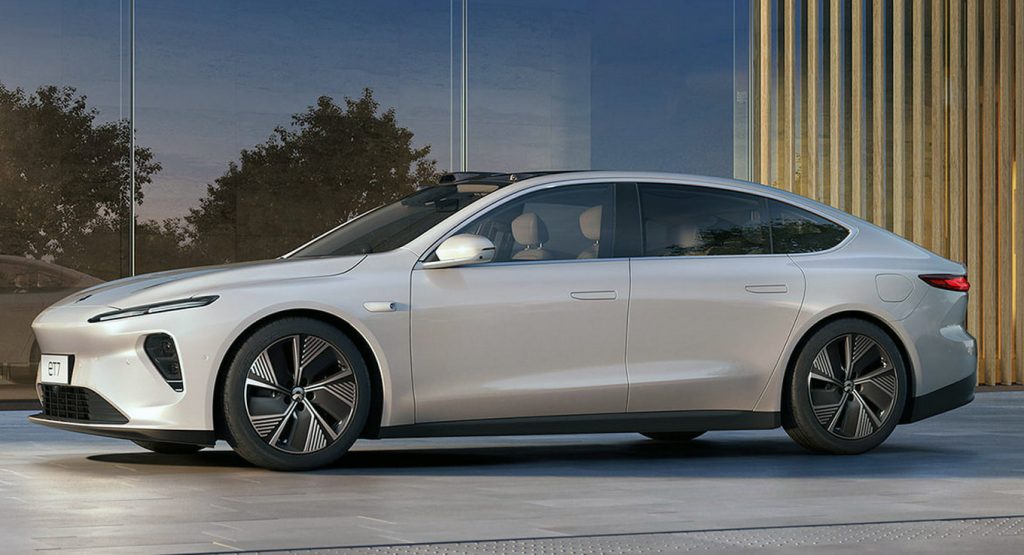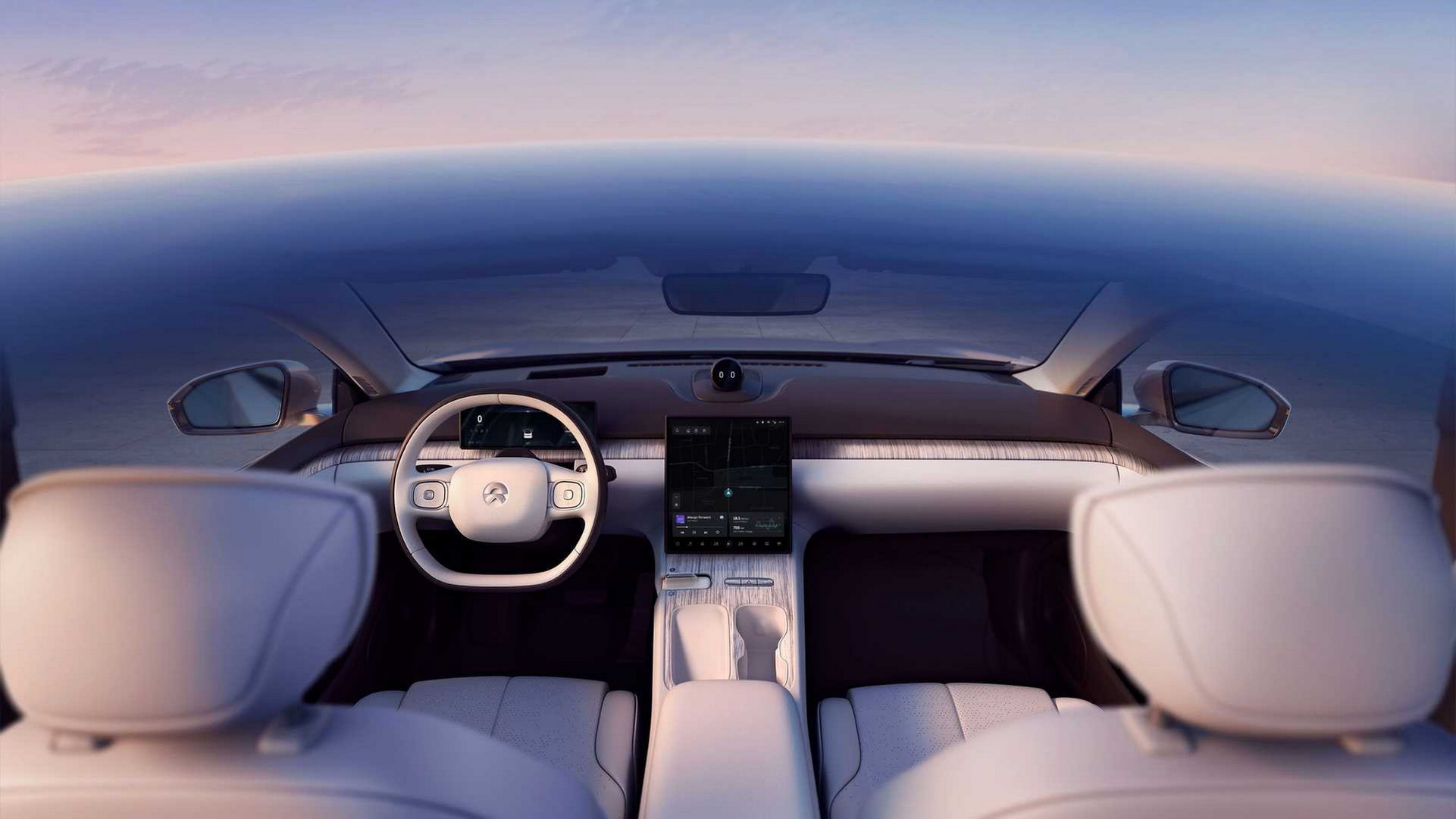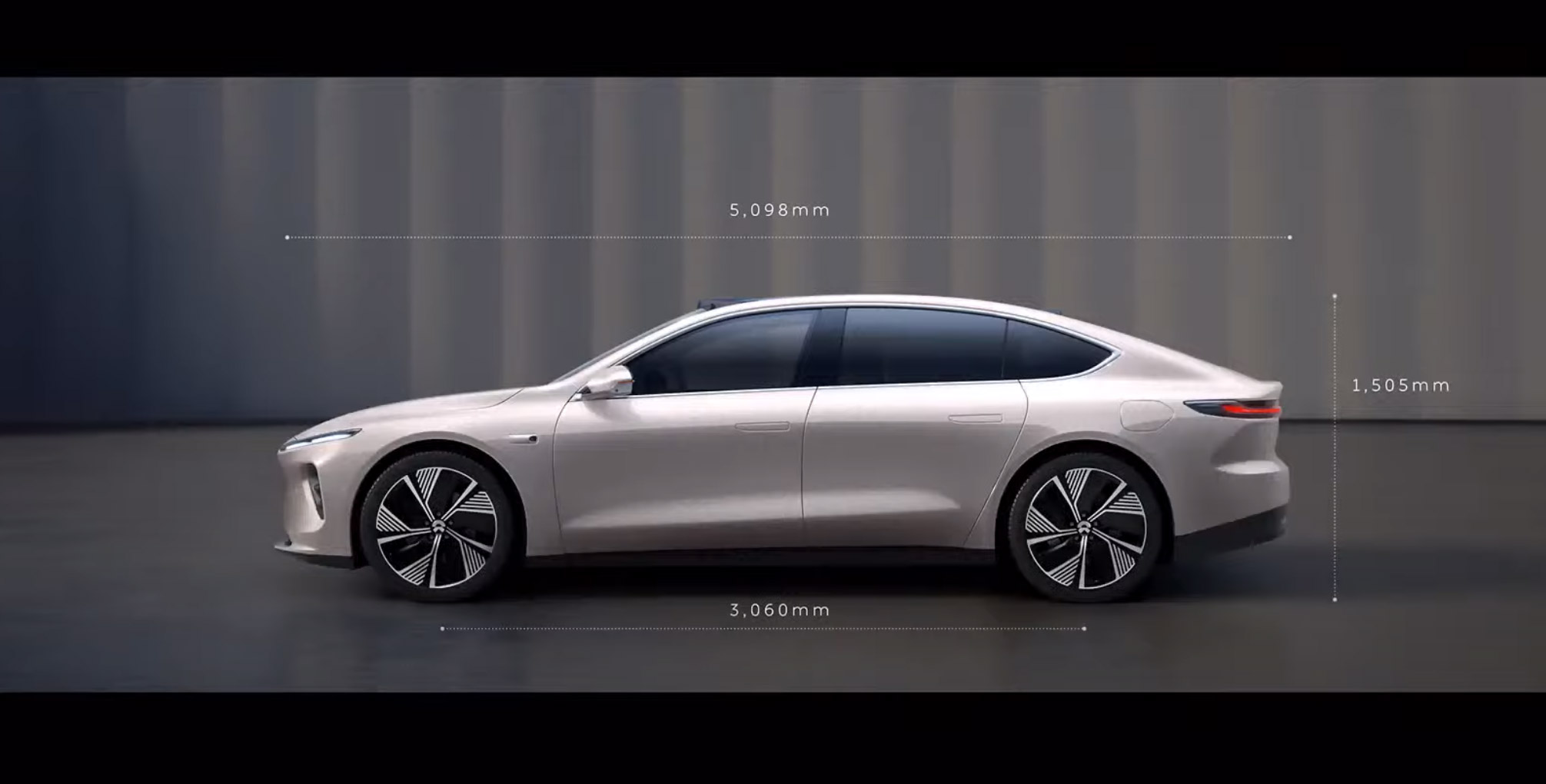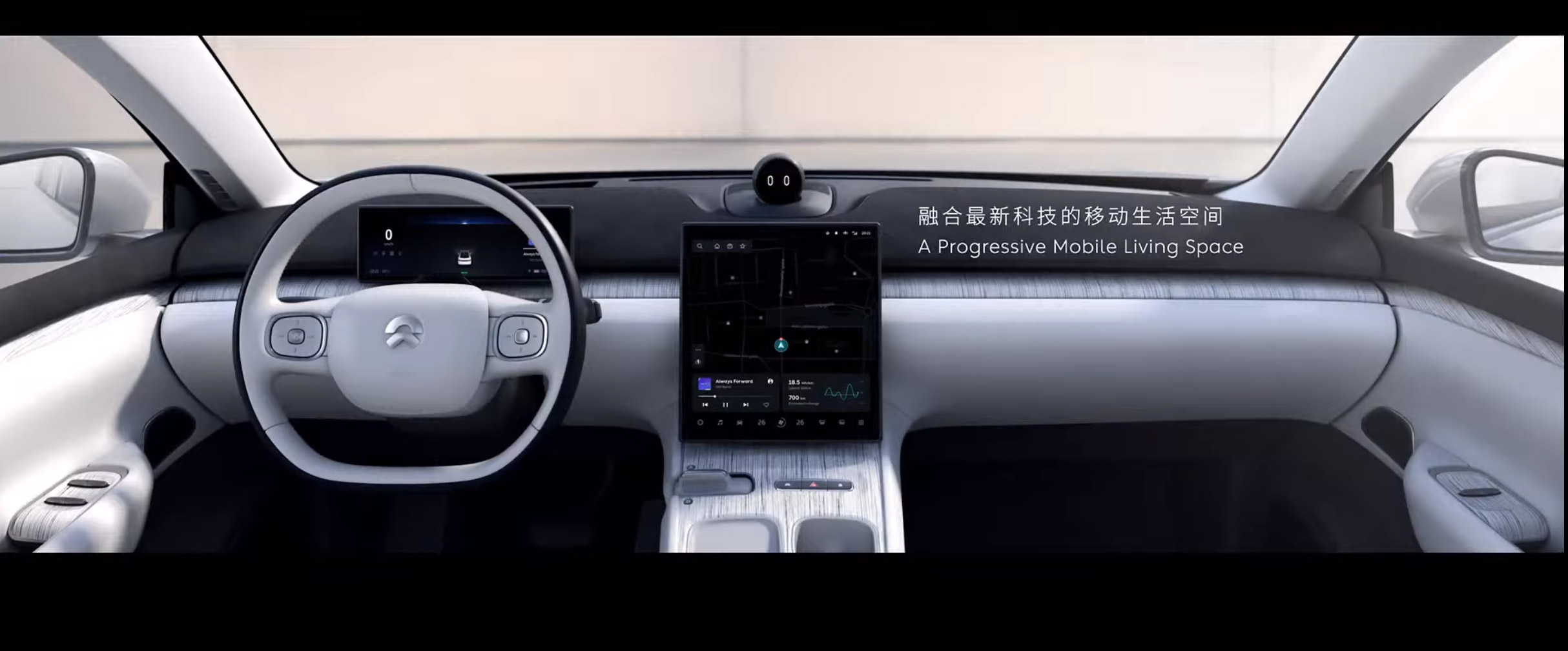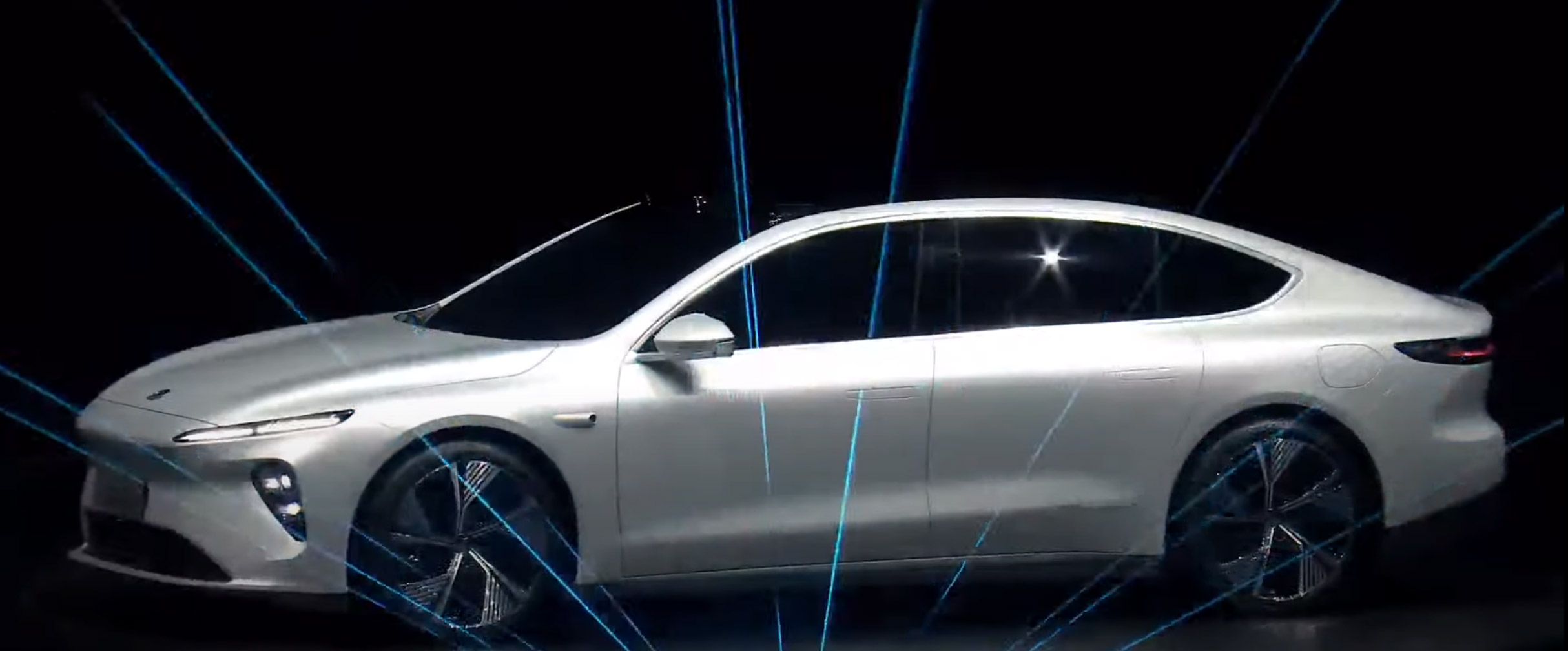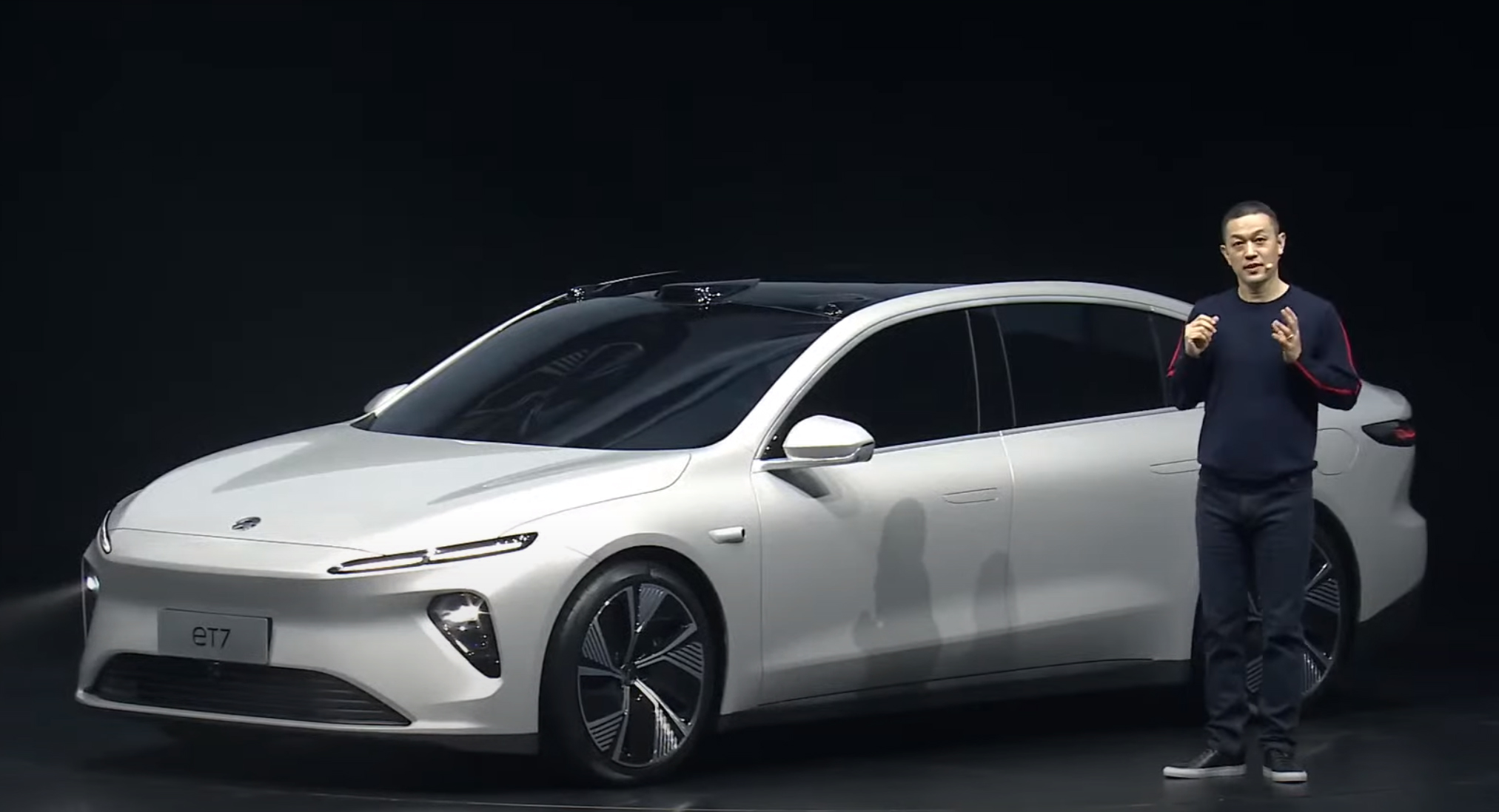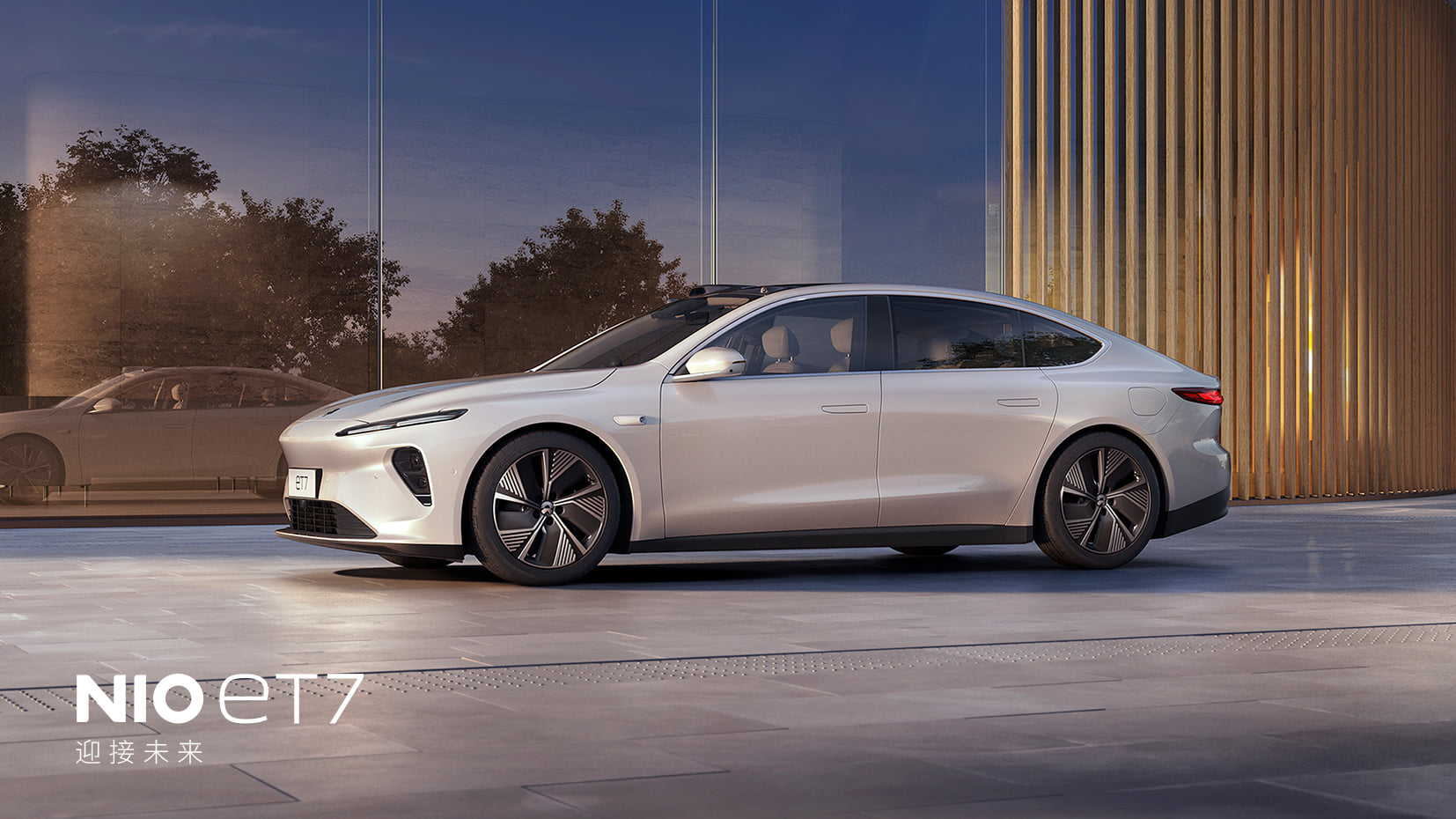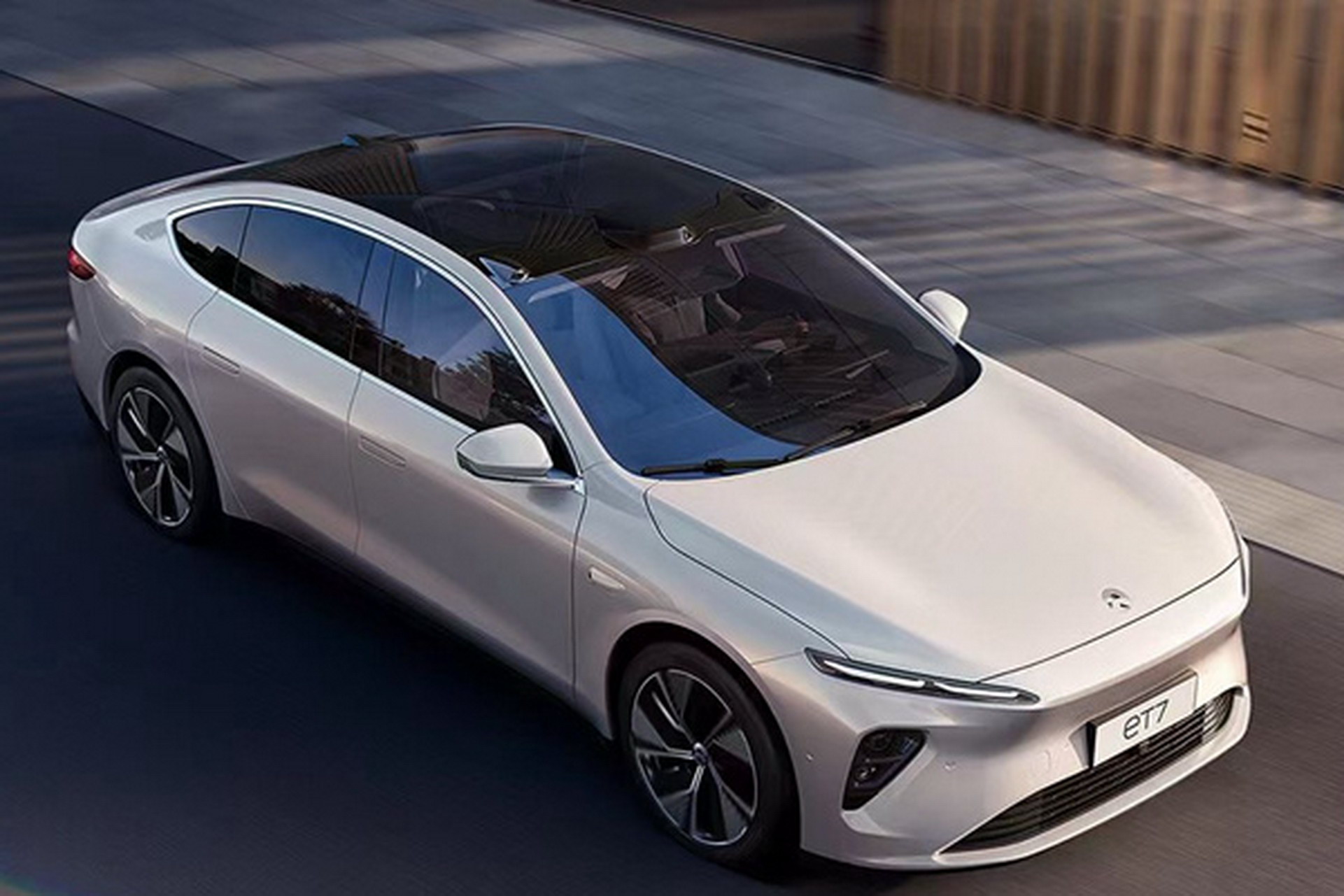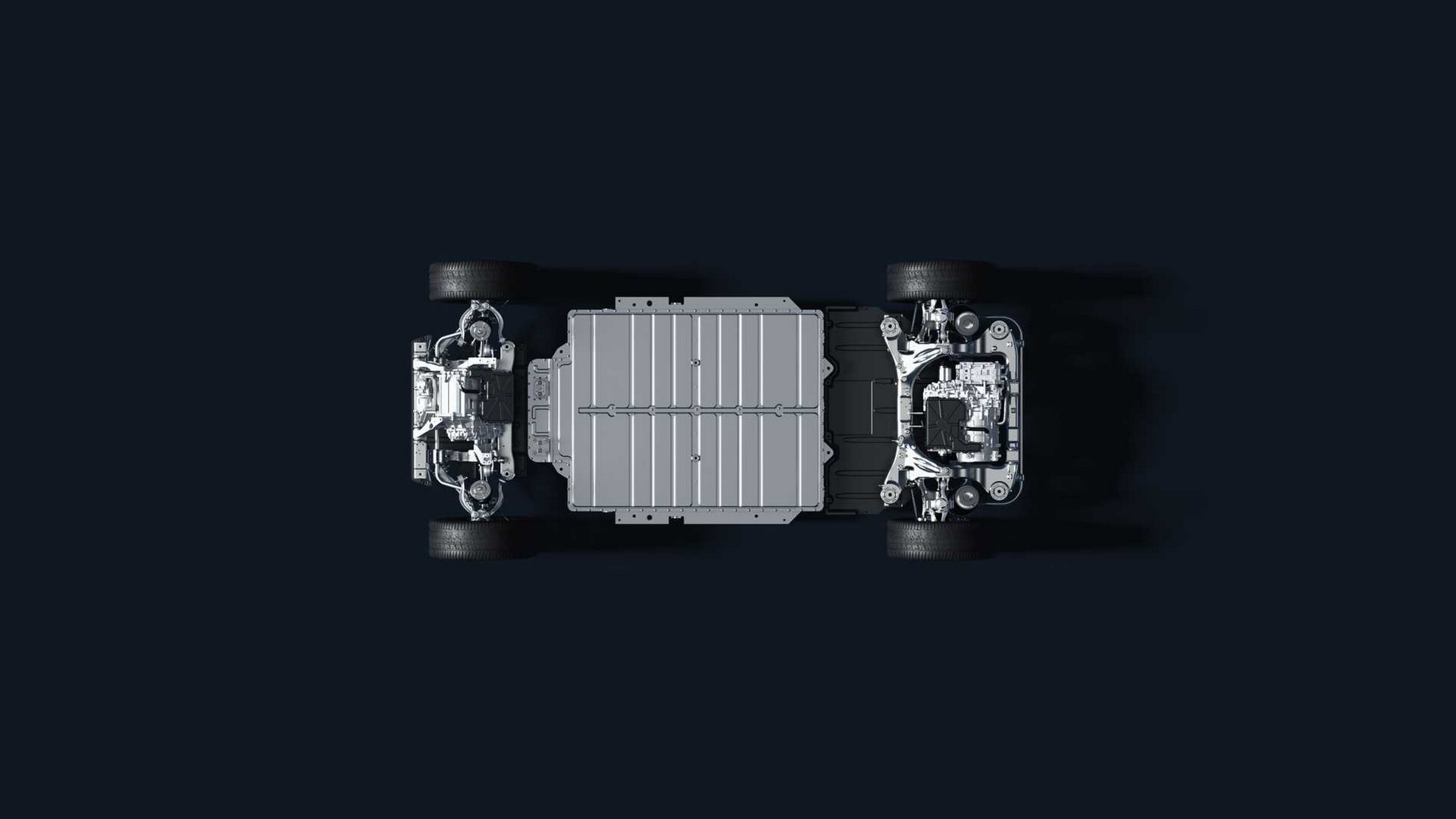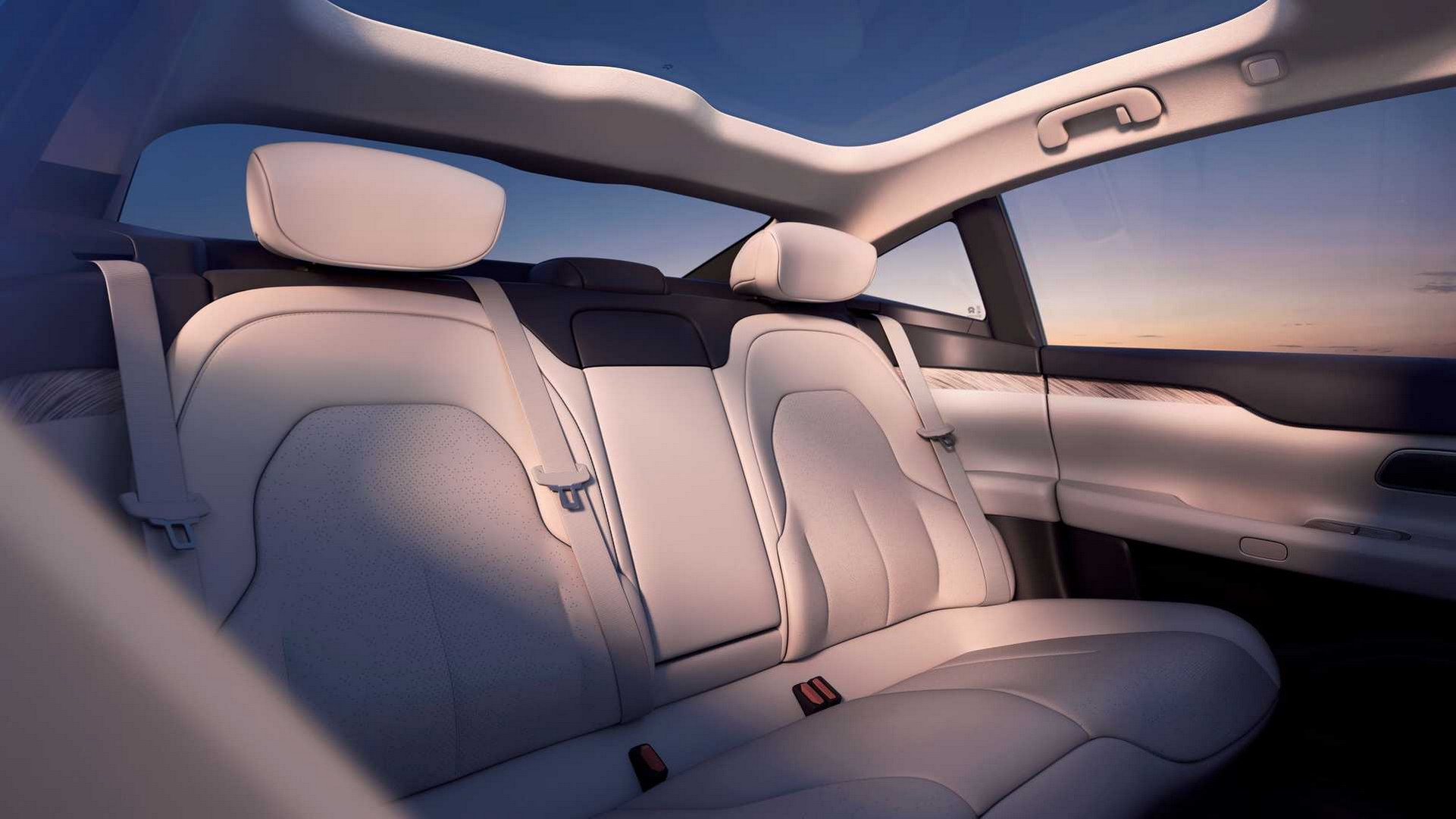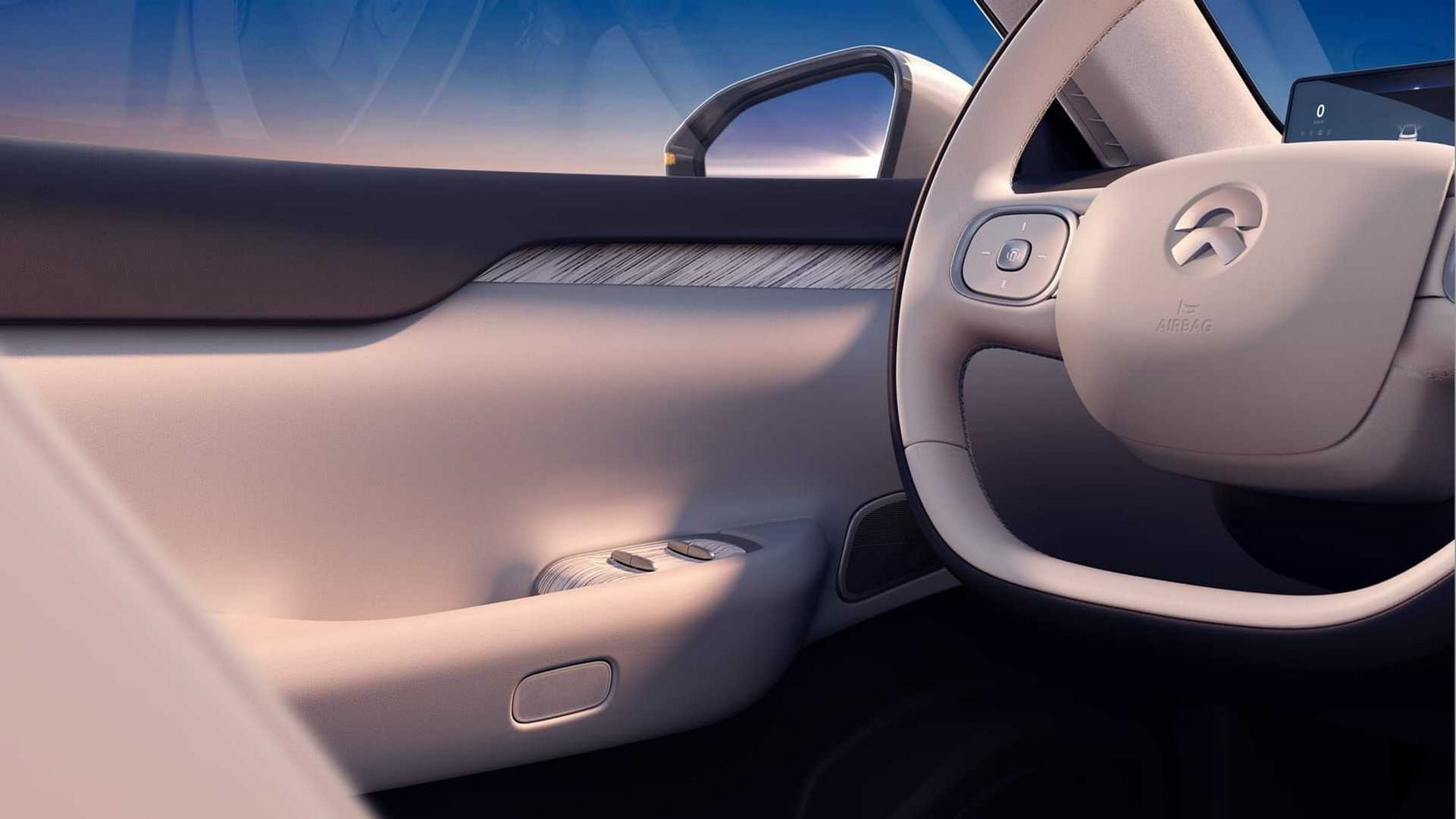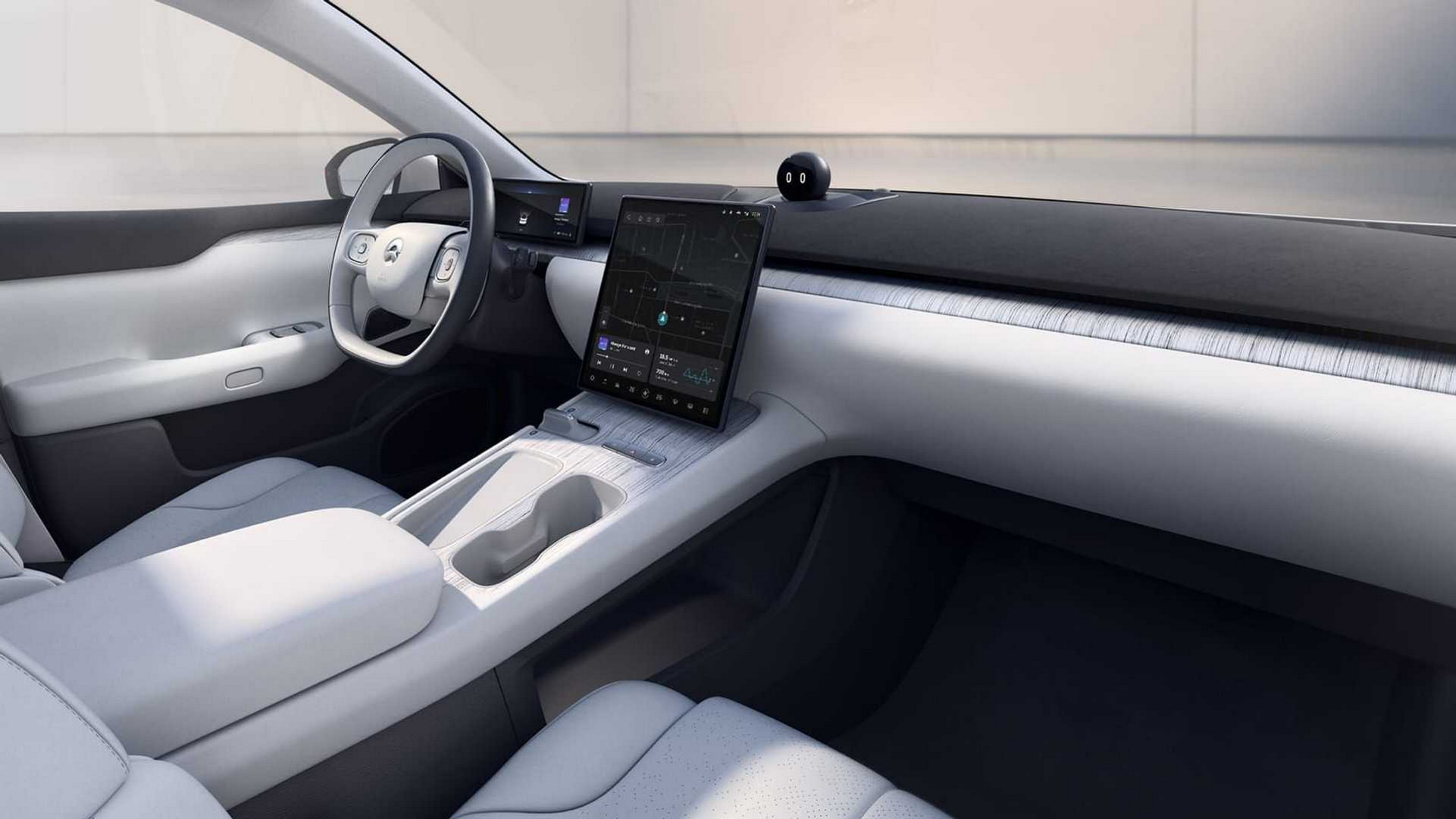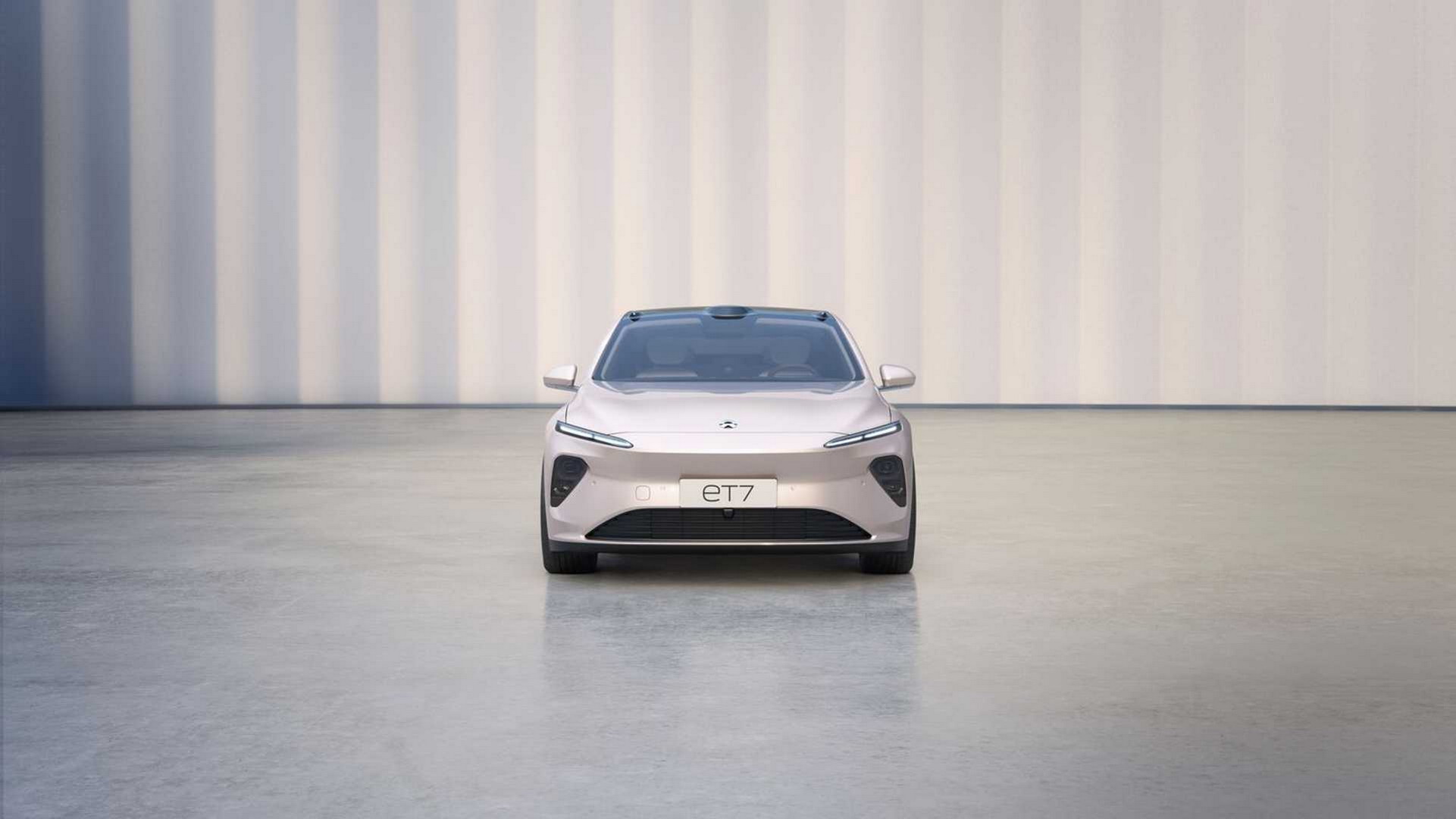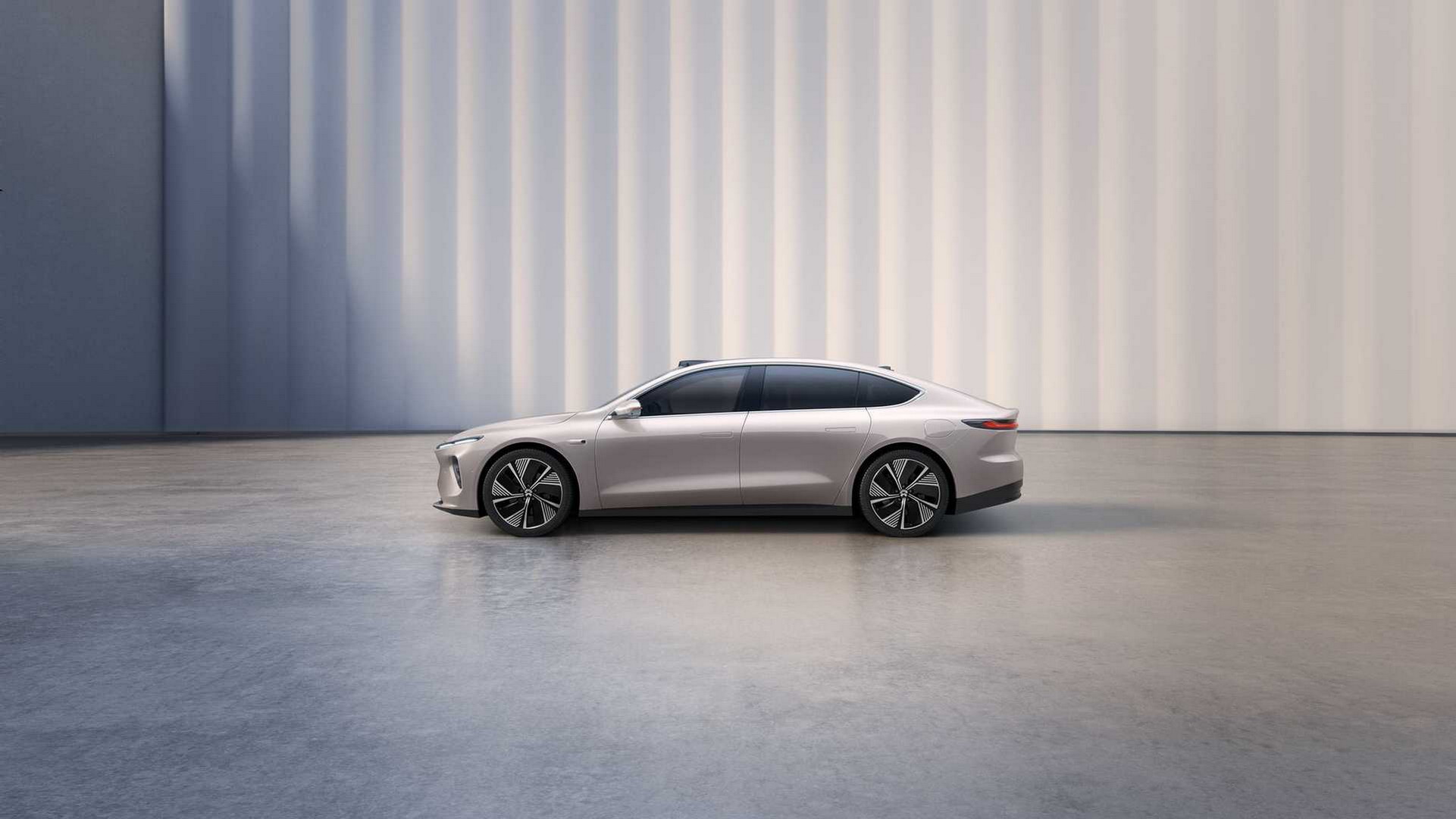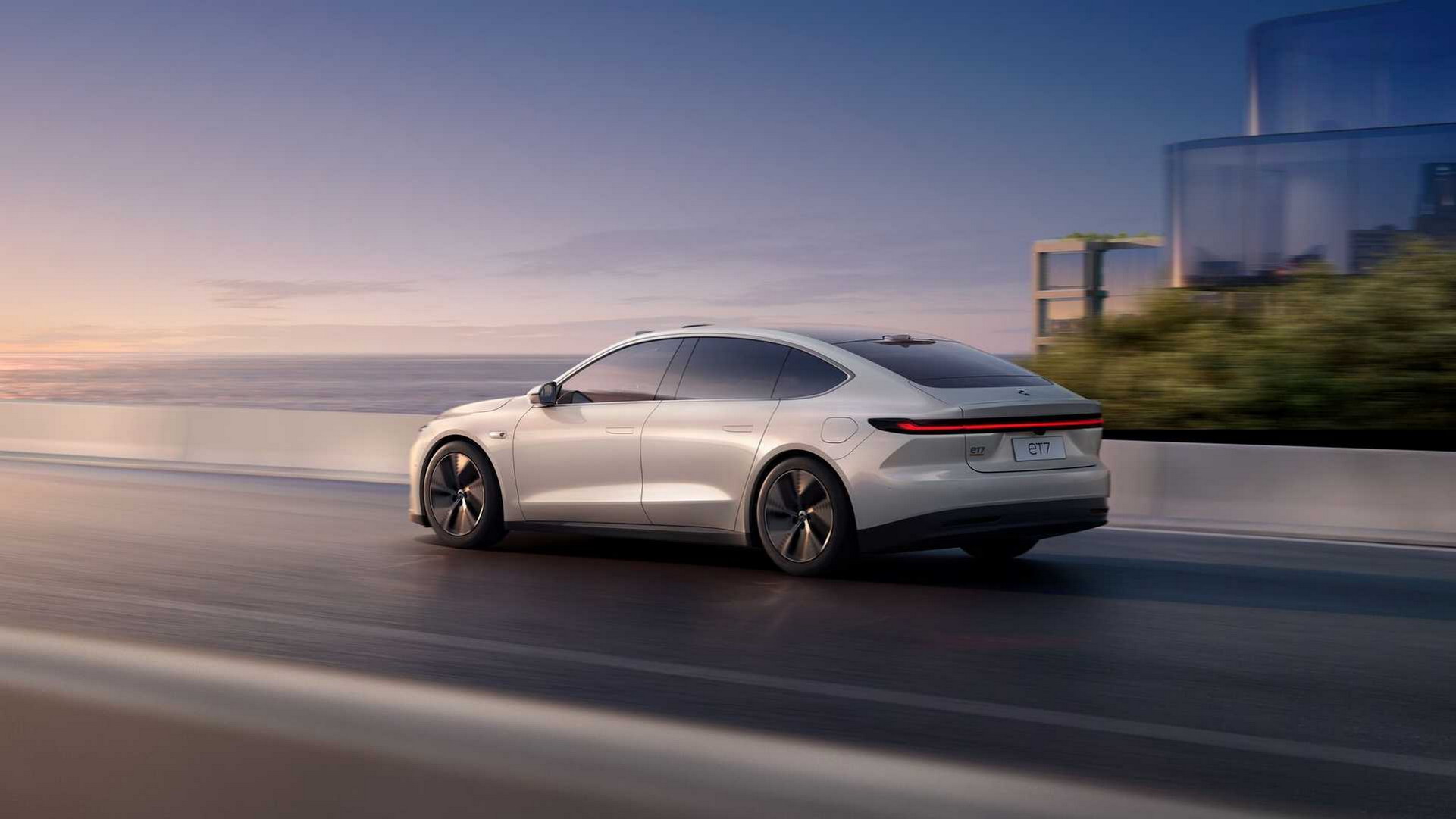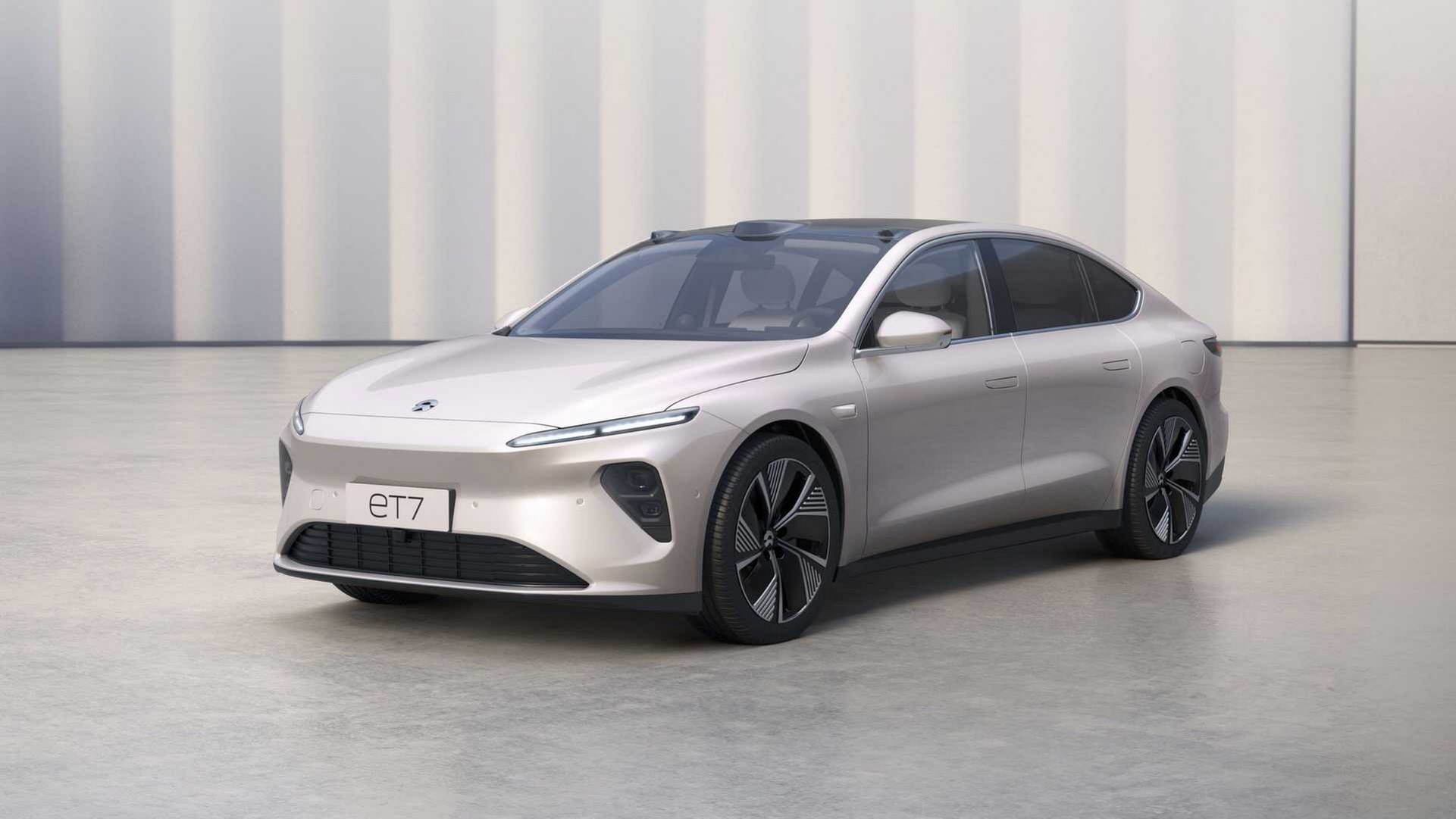We’ve been waiting for Chinese automaker NIO to release their electric sedan for quite some time now, and now it’s finally here. The ET7, as it’s called, is here to take the fight to the likes of Tesla, and it looks like they might be able to pull it off.
In China, technically, pre-subsidy prices for the ET7 sedan start from 378,000 yuan (equal to $58,380 at today’s exchange rates), but that’s without the batteries, which is one of the most expensive components of the car. Much like cable providers, in this case, you’ll have to lease the equipment (aka the batteries) from the automaker. Alternatively, you can buy the ET7 with batteries for 448,000 yuan (about $69,200).
The sedan includes such standout features as a “heartbeat taillight”, a laminated glass roof, heated, ventilated, and massaging seats in both rows, a 23-speaker sound system, and a low drag coefficient of just 0.23.
The driving range for the standard 70-kWh battery pack is over 328 miles (500 km), 435 miles (700 km) for the 100-kWh battery pack, and with the newly-introduced 150-kWh battery pack, that increases to upwards of 621 miles (1,000 km). The vehicle is rated at 644 hp ( 653 PS / 480 kW) and 627 lb-ft (850Nm) of torque, and it accelerates from 0-60 mph (0-100 km/h) in 3.9 seconds.
Watch: NIO EP9 Plays Camera Car To Lamborghini Aventador SVJ Vs. Koenigsegg Agera R Race, Outsprints Both
Founder William Li says the ET7 sedan can work with the company’s new autonomous driving system (available as a subscription for around $105 per month) that features a cameras with a resolution of 8 megapixels. By comparison, Tesla’s Full Self Driving system has cameras with a resolution of only 1.2 megapixels, and allegedly only offers one seventh of the computing power of NIO’s Nvidia processing chips. Li also noted the ET7 will be fitted with lidar sensors to allow the car to take in its surroundings better than camera-based image recognition,
The lidar sensor emits a 1550 nanometer laser, and features a 120-degree field of view with a range of 500 meters. Combined with a 5 millimeter wave radar, 12 ultrasonic sensors, 2 high-precision positioning units, as well as a few other items, the car has a total of 33 sensing units. Working together, the different parts of the system are able to focus on specific objects of interest, being able detect them with millimetric precision.
NIO is also working on systems that perform the world’s fastest battery swaps. Called Power Swap Station 2.0, the stations’ automatic swap process is said to take less than 3 minutes, during which, battery and system checks are also performed. Additionally, each station would only take up a footprint of around 3 parking spaces, so as not to be too intrusive to the surrounding areas.
See Also: NIO Unveils ‘Battery As A Service’ Program In China, Making EVs Cheaper To Purchase
Each station can hold 13 batteries, and would be able swap up to 312 per day. Additionally, NIO’s vehicles will be able to automatically park themselves in the 2.0 stations, and they expect have 500 of them up and running by the end of 2021.
Deliveries for the ET7 are set to begin in China the first quarter of 2022, and pre-orders are currently open for a price of around $772.
The car’s unveiling took place at the company’s annual Nio Day, and it’s revealed around the 2 hour and 3 minute mark in the video above with the specs mentioned right before.



